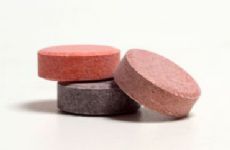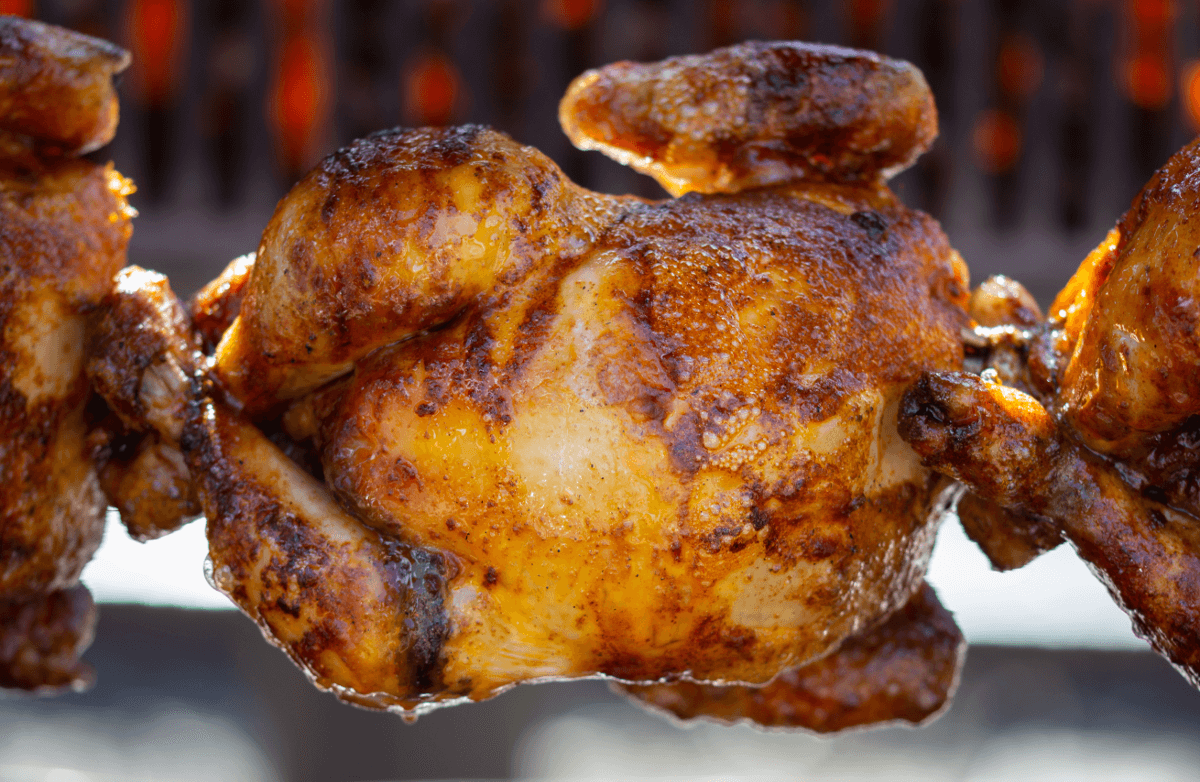|
Every day, all around the world, millions of people start their days with a cup (or two, or three…) of joe. Whether you prefer yours with cream and sugar, flavored or straight-up black, your coffee is probably more than just a good-tasting source of hydration. It's a morning pick-me-up, a quick energy boost, a source of comfort and, sometimes, a social beverage. In winter, it might be a way to warm up, and on hot days, iced coffee can be a refreshing cool down. But have you considered how the caffeine in your daily java habit might be affecting your weight? A single 8-ounce cup of coffee contains 95 milligrams of caffeine. That means four cups is roughly equivalent to the "safe" daily amount for healthy adults, which is 400 milligrams. Even if your cuppa is calorie-free, could the caffeine be wreaking havoc on your weight without you realizing it? It turns out, there is no one clear answer, as the research goes both ways. Some studies suggest that drinking caffeinated coffee can help to boost weight loss. In one 2015 study from the International Journal of Epidemiology that evaluated nearly 100,000 people, coffee drinkers were found to be less likely to have obesity or type-2 diabetes. And other research has also linked caffeine to weight loss, suggesting that it could serve as an appetite suppressant, reduce fat cells and provide an energy boost for increased exercise. The Mayo Clinic confirms that "caffeine may reduce feelings of hunger and your desire to eat for a brief time" and that it stimulates thermogenesis, which boosts calorie burning. However, conflicting studies suggest that your morning joe could actually put a wrench in your weight-loss goals. According to research conducted by the Journal of Food Science, the caffeine in coffee could affect receptors in the brain related to taste, making it harder for you to taste sweetness, which could lead to increased cravings for more sugar throughout the day. So, which is accurate? Possibly both, says Liza Baker from Simply: Health Coaching. Baker points out that caffeine is a drug—a naturally occurring one, but it still acts as a stimulant to the system. "Stimulants kick our adrenals into action, creating an often pleasant, sometimes necessary heightened sense of clarity and energy," she says. "It can cause an extreme reaction due to caffeine sensitivity or overindulgence, which manifests as anxiety and hyperactivity. Anything that kicks our bodies—especially our heart rate and our digestion—into high gear will initially cause weight loss." However, after that initial weight-loss boost, Baker warns that long-term coffee consumption could eventually have the opposite effect. "Our already high-octane lives are plenty stressful, and we live in a chronic state of fight or flight," she notes. "Chronic, unrelieved stress is thought to eventually 'wear out' our adrenal glands, leaving us completely exhausted and contributing to weight gain." This can create a vicious cycle: The more we seek out coffee and caffeine as an energy boost, the more we stimulate our adrenal glands. When those glands are stressed and overworked, that triggers the body to produce more cortisol, which impairs your ability to burn fat. Dr. Patricia Salber, founder of HealthTechHatch.com and host of "The Doctor Weighs In," points out that nutritional studies are observational, and can't definitively answer the question of whether a food or beverage directly causes weight gain or loss. "They can show correlations, but these may actually be coincidences," she says. "Also, many times the observed effect in these types of studies is quite small, and may not mean much in the real world." That said, Dr. Salber agrees that caffeine appears to increase thermogenesis, which increases energy use even at rest, and may suppress appetite in the short run. "What is unclear is how important these changes are in the real world, given how many different factors there are, such as hunger triggered by sensory inputs (sight, smell), access to food (high- versus low-calorie density), participation in exercise, level of stress and other aspects that can overpower the benefits of drinking coffee." Another “percolating” topic centers around coffee (caffeine) intake and weight loss maintenance. “Anyone who has lost weight knows the difficulty in maintaining,” shares Becky Hand, registered dietitian with Sparkpeople. A preliminary observation study suggested that caffeine may be a beneficial tool in maintaining one’s weight loss. Tips for Responsible Coffee ConsumptionFind YOUR moderation. Just as with any other food, coffee is not necessarily "good" or "bad," Baker notes. "There has been a lot of research about coffee's benefits, and there is almost always a caveat: 'in moderation' being the key words," she says. We each have a specific degree of sensitivity to caffeine, so one person's moderation could be too much or not enough for someone else. It's also true that caffeine sensitivity varies widely—some people are so sensitive that very small amounts of coffee will bring on the symptoms, while others have a higher tolerance. |
Related Entries
More From SparkPeople
|






















